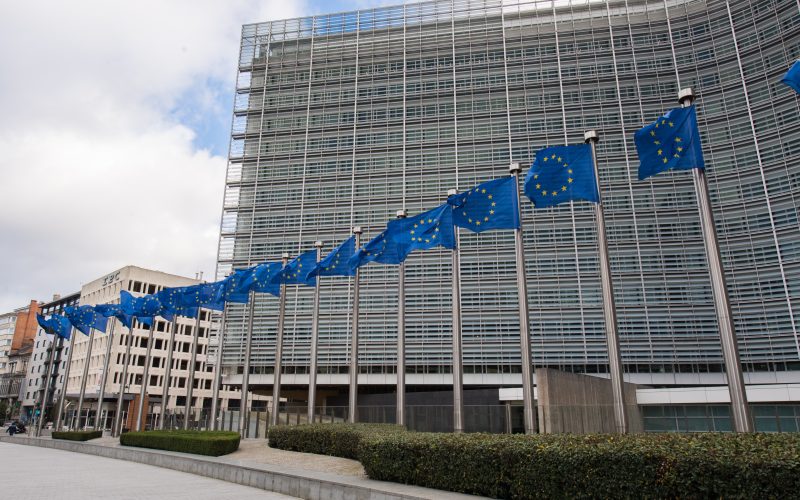The European Commission is drafting a proposal to ban Perfluoroalkyl and Polyfluoroalkyl Substances (PFAS), also known as ‘forever chemicals’, in consumer products, while allowing limited exemptions for critical industrial uses. This initiative aims to curb the environmental and health risks posed by PFAS, which accumulate in ecosystems, drinking water, and the human body due to their inability to break down.
“We are looking for a ban in consumer products,” EU Environment Commissioner Jessika Roswall told a media house in an interview. “This is important for human health and the environment, but also for industry, so they know how to phase out PFAS.”
PFAS are widely used for their resistance to extreme temperatures and corrosion, making them essential in products ranging from cosmetics and non-stick cookware to aircraft and wind turbines. However, research linking PFAS exposure to liver damage, lower birth weights, and testicular cancer has heightened concerns over their widespread use.
Efforts to finalise the proposal are ongoing, with the Commission expected to present it in 2025. The delay is attributed to the complex task of defining “essential” exemptions for industrial applications.
Potential exemptions include asthma inhalers and semiconductors used in electric vehicles and other green technologies. Even these uses may face restrictions on disposal to minimise environmental harm.
Industrial sectors, including plastics and electronics, account for the majority of PFAS use. Trade associations representing the automotive, clean energy, and plastics industries have lobbied for exemptions, particularly for fluoropolymers, which are critical for waterproof clothing and solar photovoltaic cells.
The health risks associated with PFAS exposure have prompted significant legal actions. In the United States, companies such as 3M and Chemours have settled lawsuits worth over $11 billion for water contamination linked to PFAS. Analysts warn that European companies could face similar litigation.
“Companies in Europe could face a wave of lawsuits over PFAS pollution or the downplaying of its environmental and health impacts,” said Hélène Duguy, a lawyer at environmental law firm ClientEarth.
Denmark, Germany, the Netherlands, Norway, and Sweden have long advocated for a comprehensive PFAS ban. However, balancing environmental protection with industrial needs remains a challenge.
As the European Chemicals Agency (ECHA) assesses the scope of the ban, its findings have drawn thousands of comments from stakeholders seeking clarity and exemptions. Despite this, the EU’s move signals a broader commitment to addressing the environmental and health risks of forever chemicals.



















